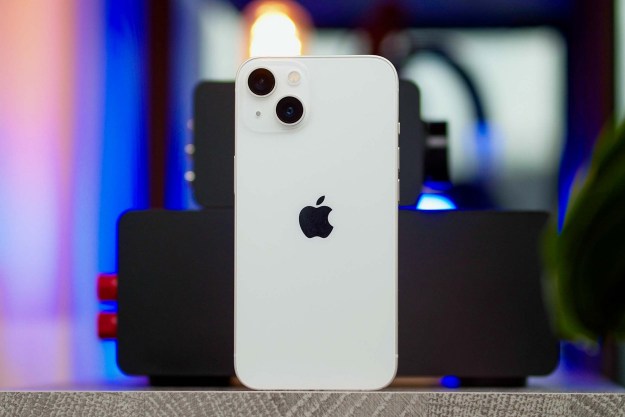
The NSA is claiming that its systems are so complex that it cannot prevent the destruction of evidence that may be damaging to its case in a lawsuit against privacy group Electronic Frontier Foundation (EFF).
In the case in question, Jewel vs. NSA, which was filed in 2008, the EFF sued the NSA on behalf of AT&T customers. The EFF claims that the NSA unlawfully collected information and records of Americans’ Internet and telephone use. Last week, U.S. District Court Judge Jeffrey White issued an emergency order that prohibited the NSA from destroying data that the EFF had asked for in the lawsuit. The agency is fighting the directive. According to the Washington Post, the NSA is arguing that holding on to the data it collects about the phone and Internet activities of American citizens is too burdensome.
“A requirement to preserve all data acquired under section 702 presents significant operational problems, only one of which is that the NSA may have to shut down all systems and databases that contain Section 702 information,” said NSA Deputy Director Richard Ledgett in a court filing.
“Communications acquired pursuant to Section 702 reside within multiple databases contained on multiple systems and the precise manner in which NSA stays consistent with its legal obligations under the [FISA Amendments Act] has resulted from years of detailed interaction,” he added.
Section 702 refers to a portion of the Amendments Act of the Foreign Intelligence Surveillance Act. The legislation, which allowed the NSA to collect “content of communications” such as emails, Facebook messages, and web browsing histories, has been used by the NSA to justify its surveillance activities.
Declassified documents that contain the testimony of Teresa H. Shea, the agency’s director for its Signals Intelligence Directorate (SID), outline the prescribed period for retaining the data. “Since May 2006, the NSA has collected bulk telephony metadata pursuant to FISC (Foreign Intelligence Surveillance Court) orders directing telecommunications service providers to produce to the NSA on a daily basis electronic copies of ‘call detail’ records created by the recipient providers for calls to, from, or wholly within the United States,” Shea said.
“To protect U.S. person information the FISC’s orders impose procedures to minimize access to use, dissemination, and retention of the data consistent with the need to acquire, produce and disseminate foreign intelligence information. Among these is the requirement to destroy all bulk telephony metadata obtained under the FISC’s Section 215 orders within five years (60 months) of the data’s collection,” Shea said.
Ledgett also stated that the agency erases data through “a combination of technical and human-based processes.”
The EFF is using the NSA’s argument to its advantage. Cindy Cohn, the EFF’s legal director, said that the agency’s inability to track the data it collects shows the dangers of conducting such a wide-reaching surveillance program.
“To me, it demonstrates that once the government has custody of this information even they can’t keep track of it anymore even for purposes of what they don’t want to destroy,” she told the Washington Post. “With the huge amounts of data that they’re gathering it’s not surprising to me that it’s difficult to keep track– that’s why I think it’s so dangerous for them to be collecting all this data en masse.”
The EFF’s full complaint can be found here. If you want a more detailed look at how the NSA collects your phone and Internet records, you can read Shea’s testimony here. However, know that some details are still hidden because parts of Shea’s comments have been redacted.


